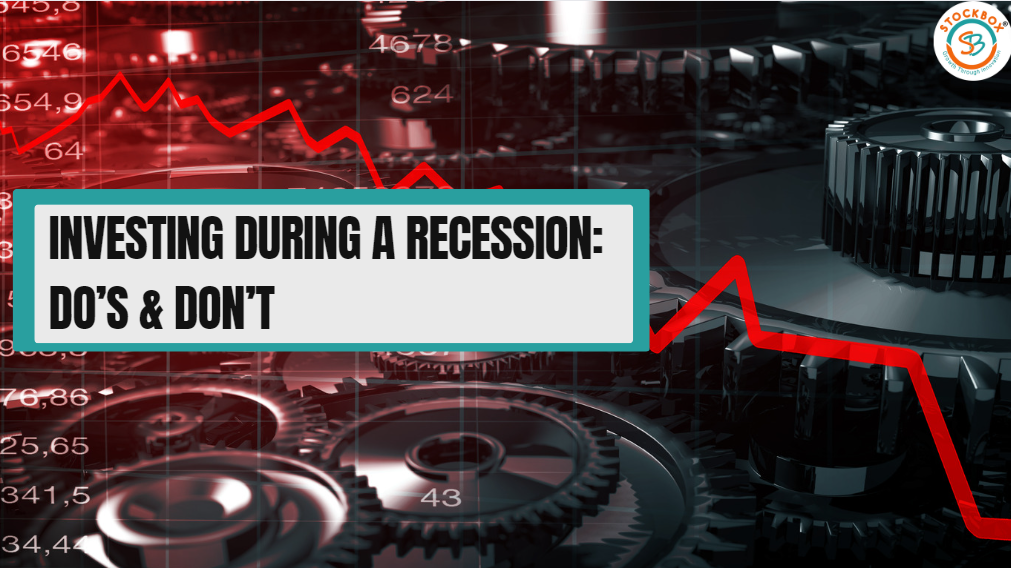Investing in a recessionary environment is difficult to navigate and that’s why we have written about a few sectors you can invest in to keep your investments safe.
Consumer Staples
Companies that produce essential goods and services like food, beverages, household products, and healthcare tend to be more recession-resistant. People continue to buy these items even during economic downturns.
Healthcare
Healthcare services and pharmaceutical companies typically remain in demand regardless of economic conditions. An aging population and the need for medical care contribute to the sector’s stability.
Utilities
Companies providing essential services such as electricity, water, and gas tend to be more stable during recessions. These services are necessary for daily life and continue to be consumed.
Discount Retailers
Consumers often shift their spending habits during a recession, opting for more affordable options. Discount retailers and value-oriented stores may see increased demand as people seek to save money.
Education and Training
During a downturn, individuals may choose to invest in education and training to enhance their skills or make themselves more marketable when job opportunities are limited.
Here are some sectors that you should to avoid investing in during recessionary conditions in a economy. Sectors that may face challenges during a recession:
Luxury Goods
Higher-end products and luxury items are often the first to be cut from consumers’ budgets during tough economic times. Companies in the luxury sector may experience a decline in demand.
Travel and Tourism
Recession typically leads to reduced discretionary spending on travel and leisure activities. Airlines, hotels, and other tourism-related industries may struggle as people cut back on non-essential travel. Automobiles: The automotive industry tends to be sensitive to economic conditions. During recession, consumers may delay purchasing new vehicles, leading to decreased demand for cars and related products.
Construction and Real Estate
Economic downturns can dampen construction activity and decrease demand for real estate. Housing markets may experience a slowdown, affecting developers, construction companies, and property-related industries.
Financial Services
Banks and financial institutions can face challenges during recessions due to factors such as increased loan defaults, decreased consumer lending, and reduced investment activity.
However, some financial service providers may benefit from increased demand for debt restructuring and financial advice. It’s important to note that these general trends may not apply uniformly to every recession, and individual companies within each sector can have different performances based on their specific circumstances and strategies.

